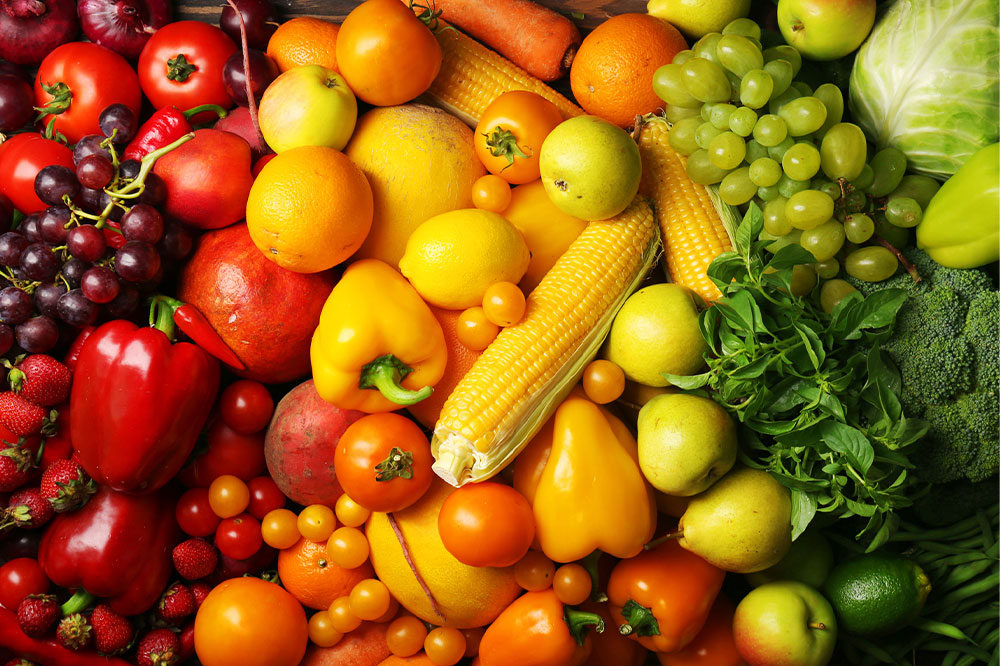Comprehensive Nutrition Strategies to Support Breast Cancer Recovery
This comprehensive guide explores essential nutrition strategies for breast cancer patients, emphasizing weight management, oral health, meal planning, hydration, and food safety. Proper dietary choices can enhance recovery, reduce side effects, and strengthen the immune system during and after treatment, supporting overall well-being and improving quality of life.

Comprehensive Nutrition Strategies to Support Breast Cancer Recovery
Nutrition plays a pivotal role in the journey of individuals battling breast cancer. From diagnosis through treatment and into recovery, a well-planned diet can significantly influence outcomes, boost immune health, and improve the quality of life. Understanding the importance of proper nutrition, coupled with targeted dietary strategies, helps patients manage side effects, maintain strength, and promote overall well-being during this challenging period.
One of the fundamental aspects of nutritional care for breast cancer patients is maintaining a healthy weight. Treatment regimens, including chemotherapy, radiation, and surgery, can cause weight fluctuations—either unintended weight loss due to decreased appetite or weight gain related to hormonal therapies and reduced activity. Regular monitoring of body weight, combined with gentle physical activity such as yoga, walking, or low-impact aerobic exercises, can help stabilize weight. Maintaining an optimal weight is crucial because excess body fat has been linked to increased breast cancer risk and poorer prognosis. Therefore, adopting a balanced approach to nutrition and activity can contribute to better recovery and reduced recurrence risk.
Oral health is another critical aspect often overlooked. Cancer treatments like chemotherapy and radiation can cause oral mucositis, soreness, dry mouth, and difficulty swallowing. These side effects can hinder proper nutrition intake, making good oral hygiene habits essential. Daily brushing with fluoride toothpaste for at least two minutes, flossing, and regular dental check-ups help prevent infections and reduce discomfort. For patients experiencing mouth sores or pain, soft, cool foods such as smoothies, yogurt, and mashed vegetables can make eating more comfortable.
Nutritionists recommend small, frequent meals to overcome common treatment-related issues such as nausea, fatigue, and early satiety. Instead of sticking to three large meals, consuming five to six smaller meals and snacks throughout the day ensures consistent energy and nutrient intake. This approach can help ease gastrointestinal discomfort and prevent weight loss. Incorporating easy-to-digest, nutrient-dense foods like nuts, seeds, lean proteins, whole grains, fruits, and vegetables enhances nutritional status without overwhelming the digestive system.
Hydration is another cornerstone of supportive care during cancer treatment. Chemotherapy and radiation can cause side effects like vomiting, diarrhea, and dry mouth, leading to dehydration. Staying well-hydrated supports detoxification, tissue repair, and overall health. Carrying a water bottle, setting hydration reminders, and consuming hydrating foods such as watermelon, cucumbers, and broths can help ensure adequate fluid intake. Avoiding sugary, caffeinated, and alcoholic beverages is recommended, as they can contribute to dehydration or gastrointestinal irritation.
Food safety remains a top priority for immunocompromised patients. Proper handwashing, safe food handling, thorough cleaning of fruits and vegetables, and correct storage of perishable items help prevent infections. Cooking foods to appropriate temperatures and avoiding raw or undercooked meats, seafood, and eggs are vital precautions. By adhering to these safety measures, breast cancer patients can reduce infection risk and support their immune health during treatment and recovery.
In summary, tailored nutritional care—focusing on weight management, oral hygiene, meal frequency, hydration, and food safety—is essential for breast cancer patients. Empowering individuals with the knowledge to make conscious dietary choices can significantly influence treatment outcomes, enhance energy levels, manage side effects, and foster a resilient immune system. Collaborating with healthcare professionals, including dietitians and oncologists, ensures personalized nutrition plans suited to each stage of the cancer journey.




